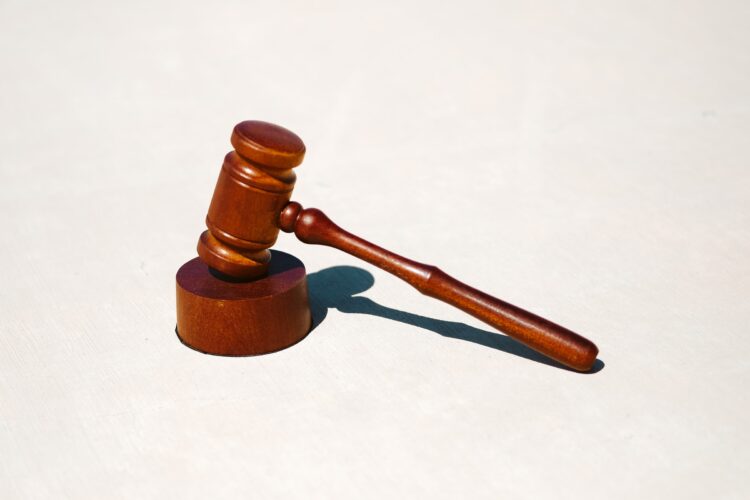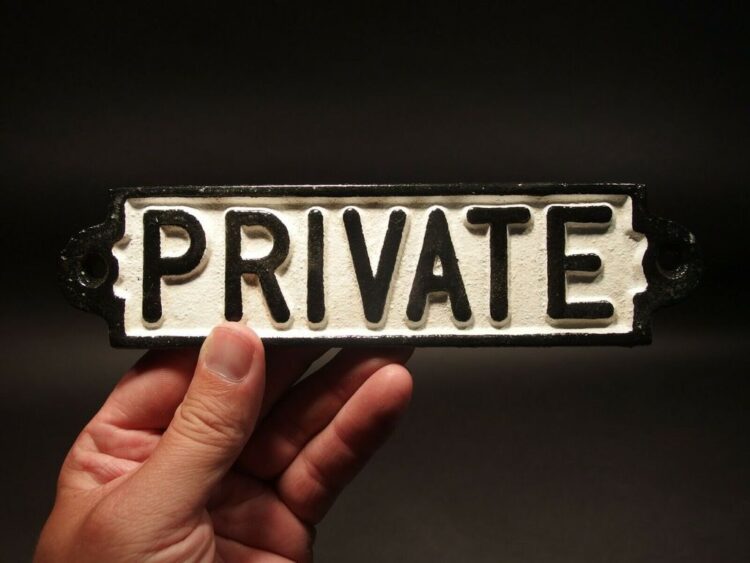Training and graduating as a doctor is not easy. It requires a lot of hard work, resilience, and determination to succeed.
Unfortunately, some medical students decide to cut corners by engaging in academic dishonesty. Ironically, dishonesty demands us to honestly admit that it occurs for it to be addressed. Failure to admit academic misconduct happens in medical school harms the patients, the training, and the careers of a doctor.
The high level of competition to get to med school, the job we want or residency forces students to engage in academic misconduct. Other reasons include fear of reprisal and humiliation by peers and seniors.
Examples of cheating in medical school include cheating in exams, omitting less than glowing things on past performance, and exaggerating details on the resume.
At times, it may include taking credit for your peers’ work or term paper. The same happens when you blame others or your program for your mistake. How you handle the academic misconduct case shapes your career. It determines whether others are ready to work, recommend or even supervise you.
However, the question is, how do you handle a wrongful accusation of academic misconduct in medical school? Well, if you believe and know you are innocent,to help you out contact an experienced attorney at http://studentdisciplinedefense.com/. Otherwise, you risk facing the consequences of a crime you didn’t commit.
Page Contents
What Are the Consequences of Academic Misconduct in Medical School?

img source: unsplash.com
The consequences vary from one medical school to the other and depend on the severity of the misconduct. In most cases, the outcome of the case is dependent on the following:
- The policy of the medical school
- The history of the affected student
- The type of exam. Final or board exams carry greater penalties.
- The professor or departmental bias
When you’re caught cheating in medical school, the threat of expulsion is imminent. At the end of the day, medical schools like other universities have a reputation to protect.
And yes, allowing sub-standard students or those that unethically gain the system to graduate is harmful to society. Such doctors will endanger the lives of their future patients. No med school wants this to happen.
Therefore, if the school, department, or professor suspects that you have cheated on an exam, they’ll commence investigations to determine whether the allegation is merited or not. If the accusation is merited, the school may ask you to re-sit the exam. At times, if the allegations are serious especially where you are a repeat offender, you may get a suspension or expulsion from the university.
Other than the official college sanctions, other consequences include serious ethical, moral, social, and academic concerns.
- Social Consequences
Cheating is addictive. The habitual nature of people who cheat in exams and get away with it think that they can cheat at work, family life, and other life aspects. In the long run, this action is harmful to the cheater and every other person affected by his or her actions.
- Loss of Intellectual Property
Academic dishonesty like plagiarism and cheating is equivalent to stealing another person’s property. Any idea, writing, design, or music created by someone is their currency. Using it without permission deprives the user of his or her income, intellectual property, and recognition.
- Practical Concerns
If students who commit academic dishonesty are given credentials confirming their completion of the course may result in serious consequences in the workplace. Imagine if the student was a doctor, the health of patients could be greatly jeopardized.
What Do You Do If You Are Accused of Academic Misconduct in Med School?
Today, all learners across different age groups are forced to take their classes and exams online. With this, new issues of academic misconduct are arising across the country.
However, in many cases, the students accused of academic misconduct are innocent and don’t understand how their actions or inactions can be perceived as wrongdoing. That’s why this article is providing useful tips for learners accused of academic misconduct.
1. Engage a Student Defense Attorney

img source: unsplash.com
Going to a medical school requires time, hard work, and resources. However, all this will go to waste if you are suspended or expelled from school. Don’t let this happen.
If you are accused of cheating, then contact an attorney to help you formulate a strategy for defending yourself. Make sure you engage a competent attorney who has successfully handled similar cases in the past.
2. Check The School’s Code of Conduct

img source: unsplash.com
As a student, you should be familiar with the student’s handbook. However, it’s important to review these guidelines when you receive a formal complaint. While at it, check what constitutes academic dishonesty in medical school, as well as the consequences you’re likely to face when convicted.
3. Gather and Document Evidence

img source: unsplash.com
Keep track of all relevant evidence regarding the accusations made against you. The information you gather should include:
- The accusation itself. How were you accused and by who? Was the accusation official from school or it was sent to you via email?
- Any evidence you consider relevant to the case. This may include the paper that you were accused of cheating, the email exchanges with your professors and students.
- The syllabus and professor’s guidelines.
- The student’s handbook. Go through the book and mark areas that prove useful to your case.
4. Keep The Details of Your Case Private

img source: langsaox.com
Don’t make the mistake of discussing your case with your professors, classmates, friends, or professors. The fewer people you discuss the case with, the better for you.
Conclusion
Medical colleges and universities take academic dishonesty cases very seriously. These institutions are continually seeking ways to safeguard and protect their reputation. Plagiarism and cheating constitute academic misconduct, for which there are graduated penalties depending on the type and severity of the crime committed. These penalties range from reprimand to expulsion and can be applied to the students whose charges are substantiated.
However, don’t worry if you are innocent of the charges leveled against you. Be calm and collect any evidence that you think is relevant to your case. Also, don’t forget to engage the services of a medical defense attorney to help you build your defense.





